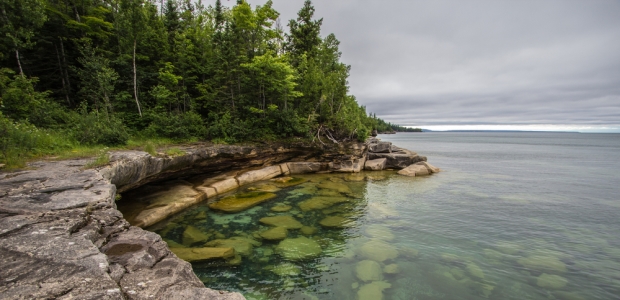
Second EPA Great Lakes Meeting Set for June 21
The second of six informal public engagement sessions on the Great Lakes Restoration Initiative Action Plan III is taking place in Rochester, N.Y.
EPA will host the second of six informal public engagement sessions on the Great Lakes Restoration Initiative Action Plan III on June 21 in Rochester, N.Y. The session will run from 6-8 p.m. at the Roger Robach Community Center, 180 Beach Ave.
The session is an opportunity for members of the public to learn more about the GLRI Action Plan development process, talk with representatives from EPA and other agencies, and provide input on priorities to be used in the initial stage of developing a GLRI Action Plan covering fiscal years 2020 through 2024.
The first session took place June 13 in Toledo, Ohio. The remaining four will take place in Duluth, Minn. (July 12); Milwaukee (July 18); Saginaw, Mich. (July 24); and Chicago (Aug. 7).
EPA and its federal partners are in the process of developing Action Plan III, which will outline priorities and goals for 2020-2024. Its focus will be on:
- toxic substances and areas of concern
- invasive species
- nonpoint source pollution impacts on nearshore health
- habitat and species
- future actions
The proposed plan is expected to be available for formal public comment this fall.
The Great Lakes Restoration Initiative builds on the foundation of the Great Lakes Regional Collaboration Strategy, and it answers a challenge of the governors of the Great Lakes states. Since 2010, the multi-agency initiative has provided funding to 16 federal organizations to strategically target the biggest threats to the Great Lakes ecosystem and to accelerate progress toward achieving these long-term goals:
- fish safe to eat
- water safe for recreation
- safe source of drinking water
- all areas of concern delisted
- harmful/nuisance algal blooms eliminated
- no new self-sustaining invasive species
- existing invasive species controlled
- native habitat protected and restored to sustain native species
Visit this page to comment.